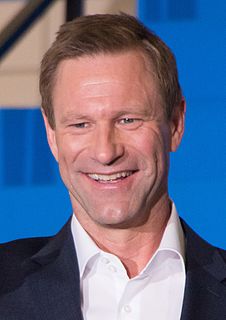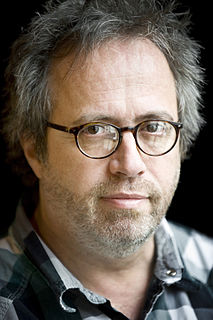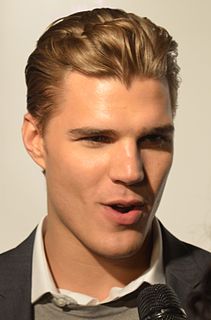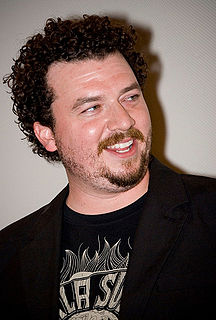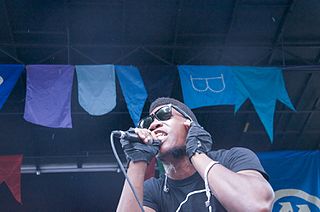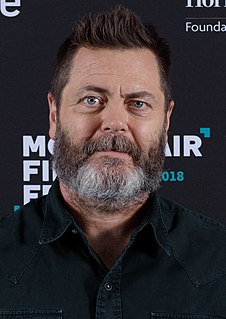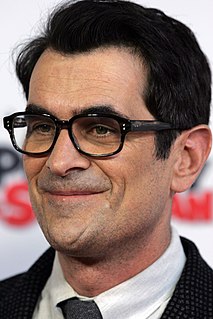A Quote by Chris Claremont
If you're going to create a character, the tools you use to make that character 'real' are the lives you see around you. The people you listen to on the street. The emotions you see on faces and bodies while you're sitting... in a Starbucks, watching the world go by.
Related Quotes
I have done scenes as Harvey Two-Face. It's interesting. I won't tell you exactly what we're going for, but I think that I can say that it will use all of today's technology to create this character. He's going to be interesting, and I think that's what makes this character important in the movie-you get to see him as he was before, as in the comic books. Harvey is a very good guy in the comic books. He's judicious. He cares. He's passionate about what he loves and then he turns into this character. So you will see that in this film.
One of my jobs as an actor, regardless of who I play - even if I'm playing a despicable character - is to make people think that that character could exist, that he's real, and the way to do that is to make him believable. He doesn't have to be likable or charming, but he just has to be believable. That is someone who I could see on a bus. That is someone who I could walk past in the street.
I just look at the character and the arc of the character, and see if it's going to be challenging. We always want to challenge ourselves. That's the biggest thing that I look at. Is this going to be a challenge? Is this going to be something that I can try my best to create, that no one could see anyone else do?
For me, let's keep jazz as folk music. Let's not make jazz classical music. Let's keep it as street music, as people's everyday-life music. Let's see jazz musicians continue to use the materials, the tools, the spirit of the actual time that they're living in, as what they build their lives as musicians around.
In a pure anonymous encounter you find a world alive and full of character. In New York, the street adventures are incredible. There are a thousand stories in a single block. You see the stories in people's faces. You hear the songs immediately. Here, in Los Angeles, there are fewer characters because they are all inside automobiles.
One of my struggles is that I'm a glutton. There's always those very simple, long, old-ass things, but they're very real to me, and I'm sitting in them, and they're swirling in my mind all the time. I tell people about it and they think, "Why don't you just go and make some money, go get a big-screen TV, or look at the Internet." Or they say, "Go create some introspective art." I just want to explode. I don't know how everybody else is able to walk around so calm. It's amazing to me when I see people walking so calmly down the street. I envy them, but I also kind of hate them.
Doing voice work is more like recording music that people are going to listen to. You're creating an oral experience using whatever bells and whistles you have in your voice, and you can shut your eyes and use your imagination and nobody's going to see if the faces you make don't match the voices you make. That's a lot of fun.
When I'm writing, I try to have the mask of my character on as I'm walking through the world. When I'm not at my desk, the rest of the time, I try to stay in that character and see the world the way that character would It's almost like method acting in a way — keeping the character close the way the actor keeps a script close and always tries to be in character.
People have reacted to the length of "Aquarius" in very positive ways. For example, at the beginning, you have people in a car on the beach at night. One character says, "I'm going to play you this great track." She pushes in a cassette tape, and they listen to about 45 seconds of Queen's "Another One Bites the Dust." You can actually see the pleasure registering on their faces, but it takes time, and audiences have appreciated that.
It's the opposite on a sitcom. People crave the character to not learn from their mistakes. They want to just see the situation, and then see how that character is going to react to that particular chaotic catastrophe. That's just my take on it, anyway. I don't really get too hung up on what the future of the show is.


